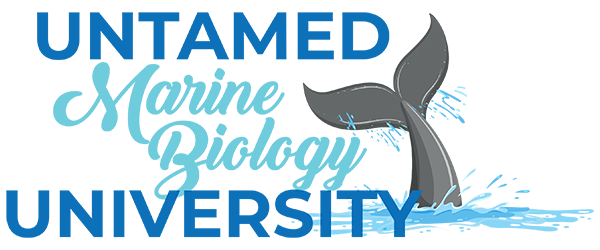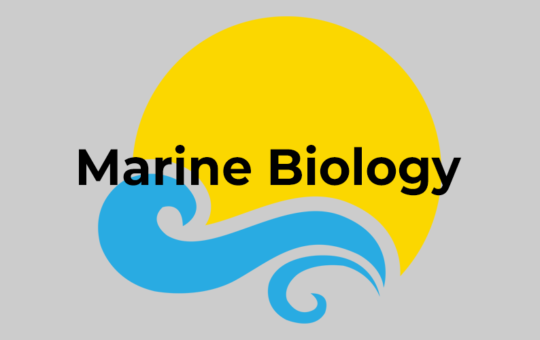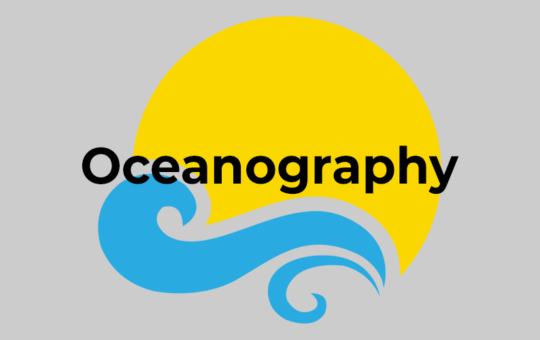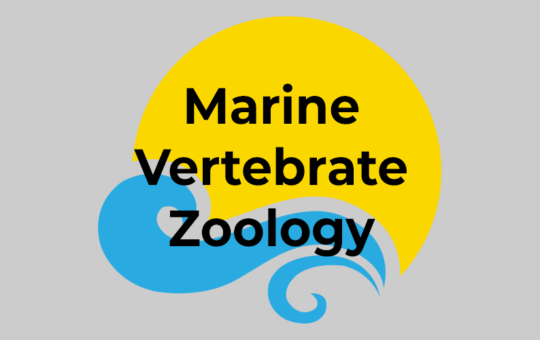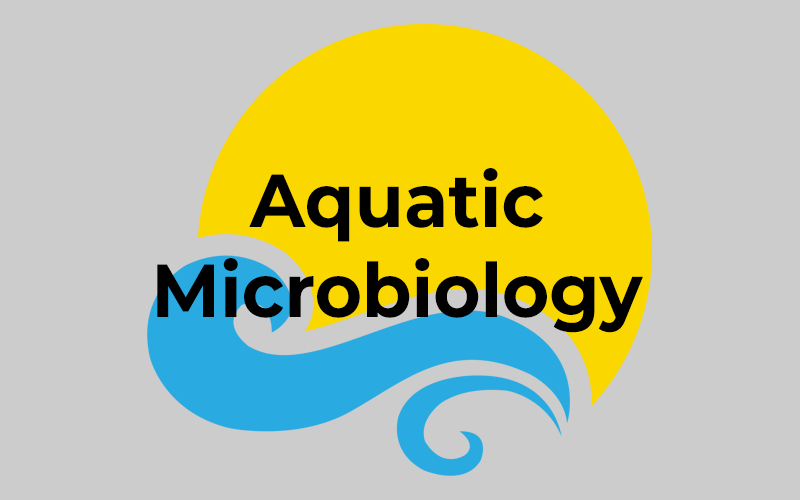
Aquatic Microbiology
Aquatic Microbiology delves into the study of microorganisms in freshwater and marine environments, focusing on their diversity, ecology, and roles in ecosystem processes. This course provides a comprehensive understanding of the different types of aquatic microorganisms, including bacteria, archaea, viruses, and protists, and examines their adaptations to various aquatic habitats. Students will learn about the physiological and metabolic capabilities of these microorganisms, exploring their roles in nutrient cycling, primary production, and organic matter decomposition. The course highlights the significance of microbial processes in maintaining ecosystem health and supporting higher trophic levels.
The course also addresses the methodologies used in studying aquatic microorganisms, such as molecular techniques, microscopy, and bioinformatics. Students will gain practical experience in sampling, culturing, and analyzing microbial communities from different aquatic environments. The impact of human activities on microbial dynamics, including pollution, eutrophication, and climate change, will be discussed, along with the potential applications of aquatic microbiology in biotechnology, bioremediation, and environmental monitoring. Through a combination of lectures, laboratory work, and field studies, students will develop the skills and knowledge necessary for careers in microbiology, environmental science, and aquatic research, while gaining a deeper appreciation for the unseen yet crucial microbial world in aquatic systems.
Curriculum
- 4 Sections
- 12 Lessons
- 1 Quiz
- 0m Duration
Section 1: Introduction to Aquatic Microbiology
- Chapter 1: Overview of Aquatic Microorganisms
- Chapter 2: Diversity of Aquatic Microorganisms
- Chapter 3: Microbial Ecology in Aquatic Environments
Section 2: Microbial Processes in Aquatic Systems
- Chapter 4: Biogeochemical Cycles
- Chapter 5: Microbial Decomposition
- Chapter 6: Microbial Primary Production
Section 3: Aquatic Microbial Habitats
- Chapter 7: Freshwater Microbiology
- Chapter 8: Marine Microbiology
- Chapter 9: Extreme Aquatic Environments
Section 4: Human Impact and Applications of Aquatic Microbiology
- Chapter 10: Pollution and Aquatic Microorganisms
- Chapter 11: Climate Change and Microbial Ecology
- Chapter 12: Applications of Aquatic Microbiology
